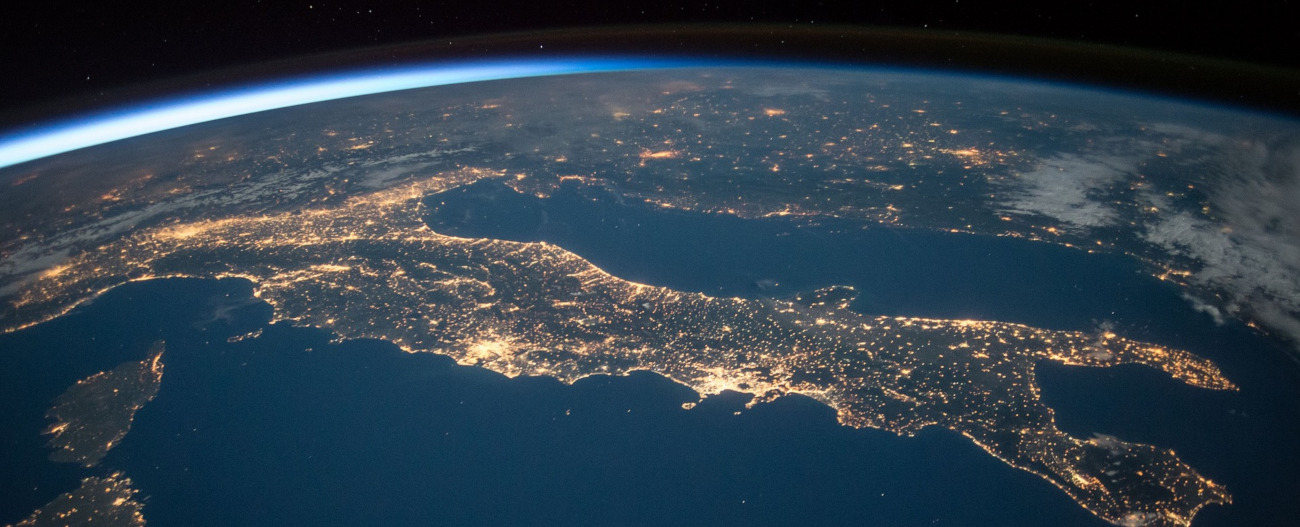Today (Monday 29th July 2019) marks Earth Overshoot Day (EOD). A date on the calendar when humanity’s demand for ecological resources and services in a given year exceeds what Earth can regenerate in that year.
Virtually every year since then the date has been earlier and earlier and data shows us on track to be needing the resources of two planets well before the mid-21st century.
EOD is hosted and calculated by Global Footprint Network, an international research organisation that provides decision-makers with a menu of tools to help the human economy operate within Earth’s ecological limits.
The United Kingdom’s 2019 Country Overshoot Day (COD) was May 17th, this means that if everybody around the world consumed resources like the people in the UK, EOD would fall on this day. The country with the earliest COD is Qatar, and the country with the latest date is Kyrgyzstan, in South East Asia.
EOD is calculated by dividing the world biocapacity (the amount of natural resources generated by Earth that year), by the world ecological footprint (humanity’s consumption of Earth’s natural resources for that year) and multiplying by 365 (days of the year).
But, what can you do to #movethedate? It’s stated that the amount of wasted food is equivalent to about 9% of the global ecological footprint. If we cut global food waste in half, EOD would move by 11 days. Ensuring you’re only buying what’s necessary to minimise the wastage is essential, but some food waste is inevitable.
Recycling your business’ food waste is an easy way to reduce your ecological footprint. Food and glass recycling services often complement each other and that’s why we collect both waste streams on one split-loader truck to reduce road miles and emissions. If you would like to find out more about this or any of our services, check out our business waste page here. Alternately you can contact us on any of the following;
https://www.overshootday.org/

 Sales 03308 285 687
Sales 03308 285 687 